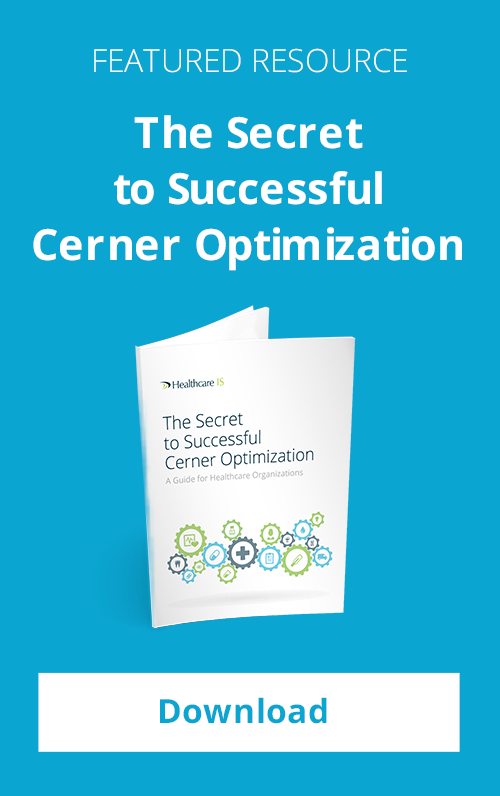 As you consider a career in Pharmacy IT/informatics you're most likely going to do as much research as you possibly can.
As you consider a career in Pharmacy IT/informatics you're most likely going to do as much research as you possibly can.
Like many things, the research you do can reveal a lot, but there's always the likelihood that you may have missed something.
Or it's possible that you could've gathered information on everything you'll be exposed to, but underestimated the impact of certain characteristics until you’re actually in the job.
This was also the case for the pharmacists we interviewed. Keep in mind that all of these pharmacists have been in the IT/informatics space for at least 10 years, so they all felt that this was a great career move. Having said that, no matter the amount of research they did prior to the change or how happy they are with their decision, they all still experience a few unexpected issues.
We wanted to share some of their findings in order to help you have a thorough idea of the issues that may challenge you should you choose to enter a path in IT/informatics.
Fortunately, there were only a couple of aspects that stood out.
First: compensation and hours. Whereas pharmacists are traditionally compensated, primarily, by hours and have a specific start and stop time to their day, this is not necessarily the case in an IT/informatics capacity.
An IT/informatics pharmacist has a compensation plan that includes salaried (as opposed to hourly) compensation. He or she will primarily be working on projects and supporting issues that don't always have a clear end time. He or she doesn’t have someone who comes in at the end of the day to take over. Therefore, it’s his or her responsibility to make sure that when they leave, things will be fine until you get in the next day. Ninety to 99% of the time, there will be no issues. But for some, the unpredictability of having to deal with issues outside of “normal” hours even 3% of the time can be enough to cause them to go back to shift work.
Second: for a few, the biggest surprise was the complexity of the job — the reality of how much of what needs to be done relies upon, or requires the consultation of, other departments within the organization.
This complexity is actually a strong positive for those who stay in this area. High levels of complexity are challenging and a big motivator for some. Still, motivators for some can be viewed as job-satisfaction killers for others. The lack of overall “control” over getting specific tasks done on a daily basis can certainly be viewed as less appealing to traditional pharmacists who thrive on the predictability of their roles.
Lastly, something we heard multiple times is how the job never ends. There will always be another project or, potentially, a support issue to deal with. There will always be milestones that are achieved, but getting used to the fact that there’s always an upgrade, a new implementation, or continued optimization to deal with led many to feel as though they’re always on a treadmill.


Comments